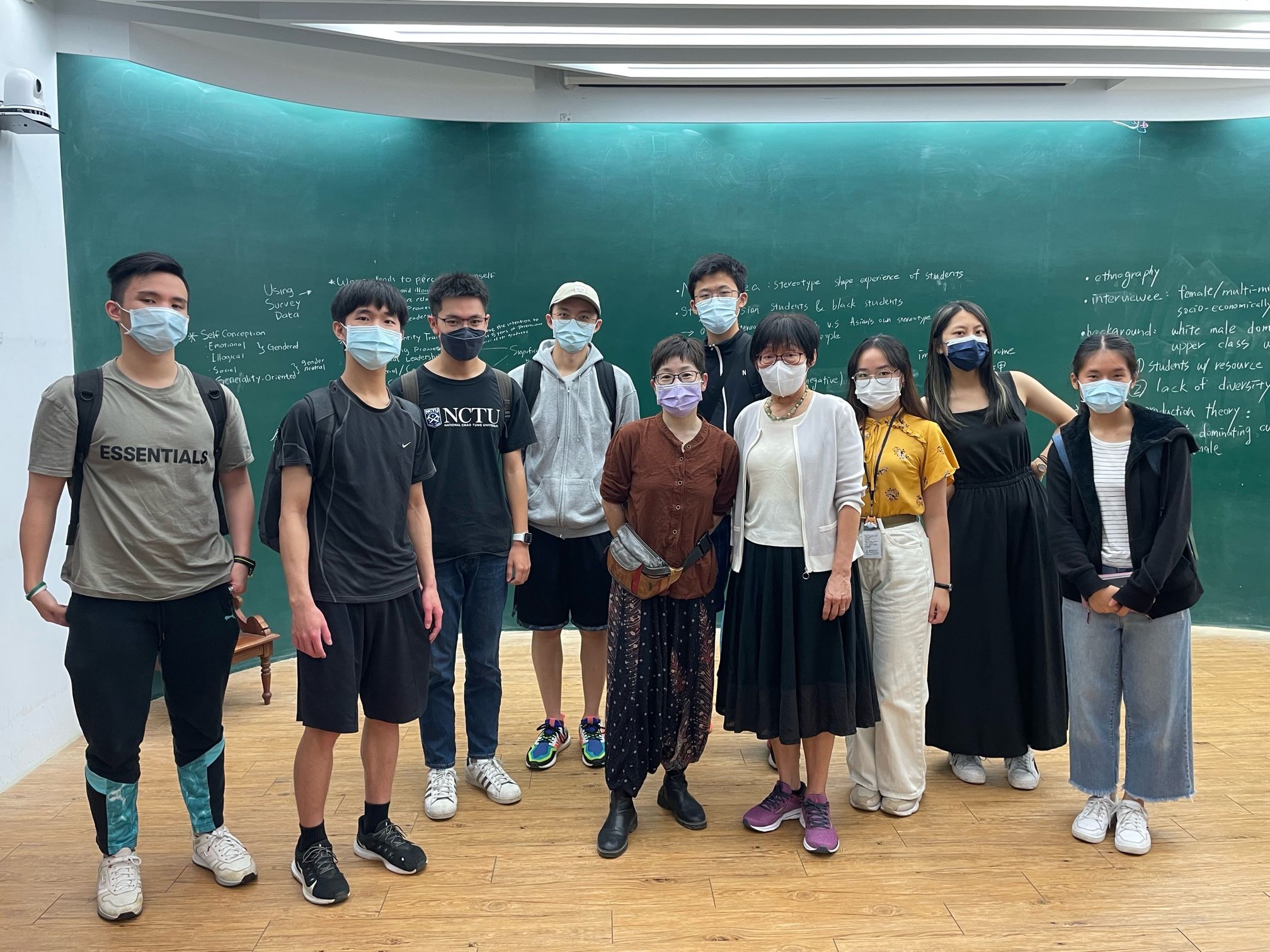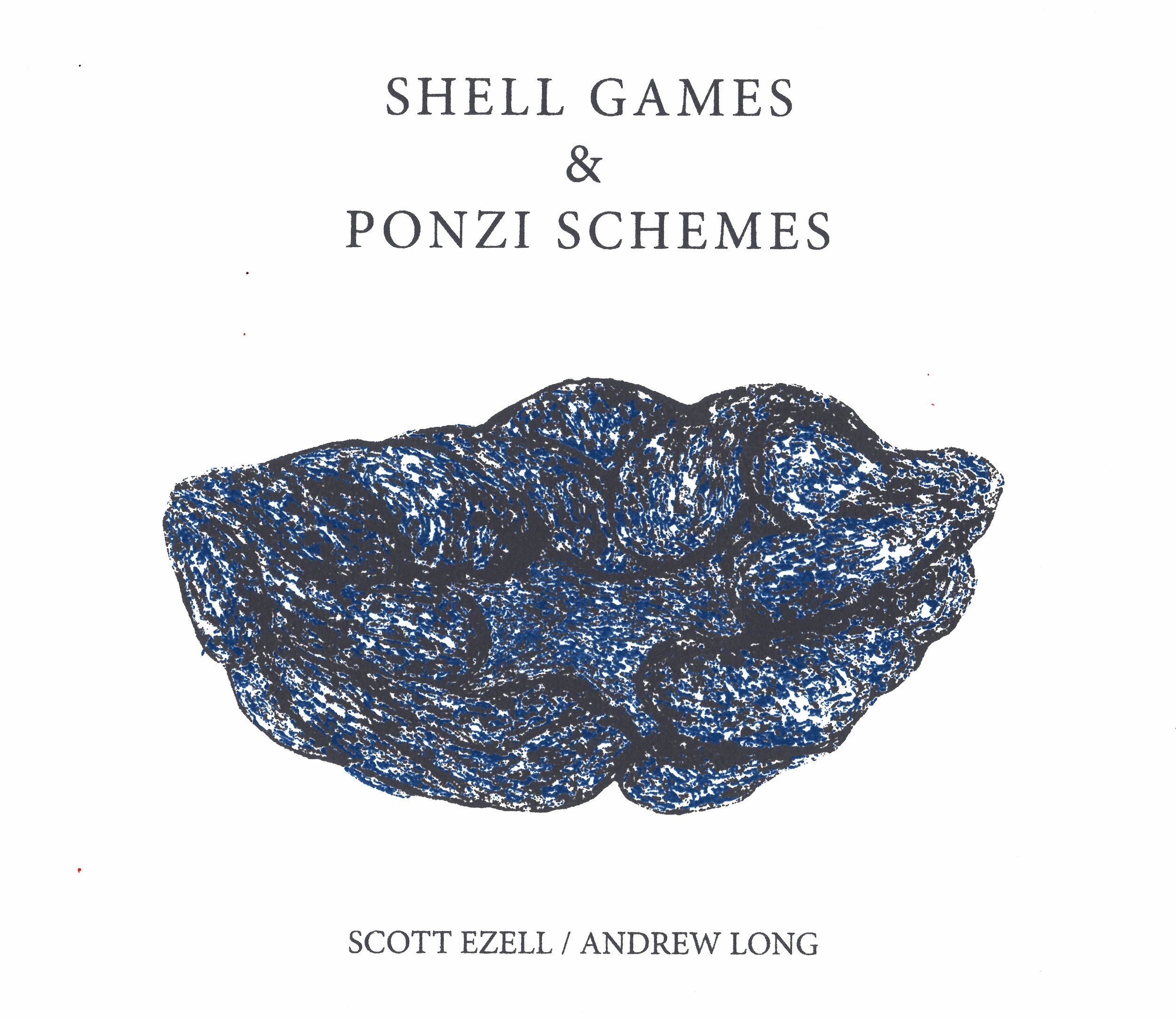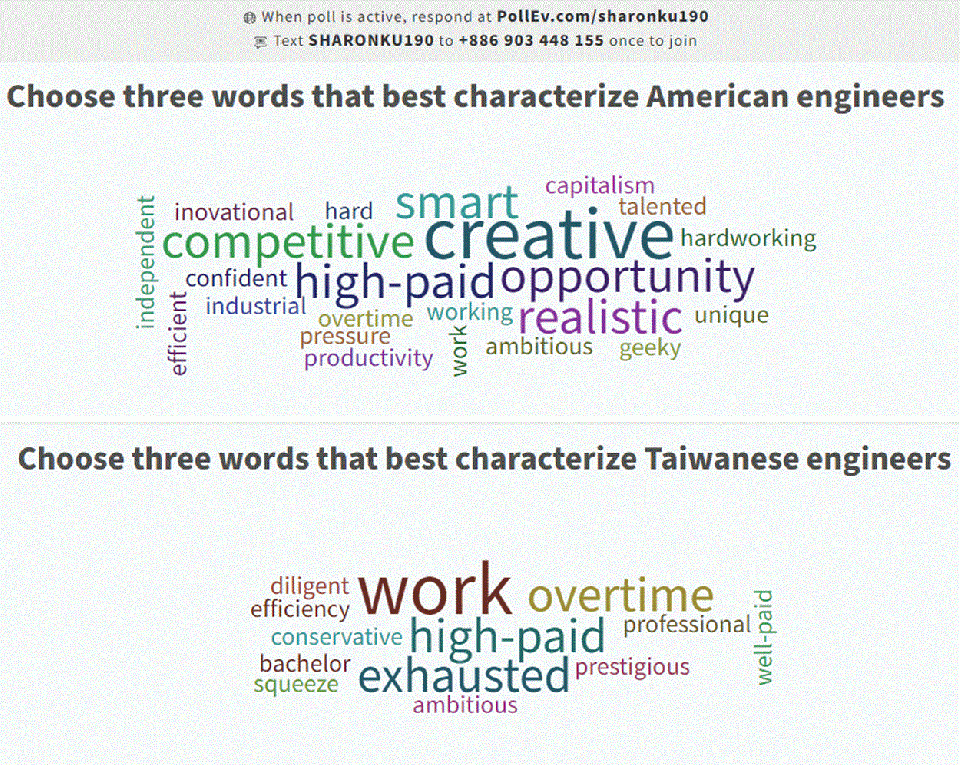In the Fall semester of 2022 Profs. Sharon Ku and Sean Ferguson conducted a second teaching partnership, building on a global classroom experience from 2019. We represent the experience here and link to relevant student work and our own assessments of our pedagogical experimentation.
-------
This section invites students to investigate the relationship between engineering, state-building and war in three geographic regions--US, China and Taiwan. We will look into how the civil war, WWII and military-industry complex shaped engineering profession in the US; how the Opium War and Cultural Revolution redefined "China" and its science and technology; and how the cold war impacted engineers' practice, professional and national identity in Taiwan.
What is the life of engineers contextualized in the global value chain? How does geopolitical and global economy impact individual’s career choice, work load, professional and personal life? What self-invention is needed in responding to the rapid development of technologies and changing global politics?
The rise of China and Chinese tech power have completely changed the global innovation and global value chain dominated by western countries in the past decades. This class invites Mr. Andrew Williamson, Vice-President of Huawei Technologies Co., Ltd. to explore the following issues:
1. Huawei's history and organizational culture: As a Chinese ICT company, how does Huawei differentiate itself from other Western companies such as Apple, in terms of organizational culture, marketing strategies, product design, and customer service, etc?
2. Huawei's business ethics and its policies/practices of CSR in different regions/countries. Does Huawei's unique organizational culture impact its definition and actions of CSR? Does Huawei emphasize different CSR approaches in developed and developing countries? How do social, economic, political and cultural conditions in different regions shape Huawei's CSR policies and practices?
3. From Huawei's perspective, what are the core capacities and skillset of engineers that the company treasures the most?
Several activities and assignments encouraged explorating the connectedness across scale and space.
 Is engineering gendered? What role does gender play in engineering education and professionalization in different societies? This class invites Prof.顧燕翎,前交通大學女性主義教授,前台北市府公訓中心主任 to share her long teaching history in NYCU, as the first-generation feminist in Taiwan, and how she brought feminist's theories and action to impact the university culture and inspired engineering majors.
Is engineering gendered? What role does gender play in engineering education and professionalization in different societies? This class invites Prof.顧燕翎,前交通大學女性主義教授,前台北市府公訓中心主任 to share her long teaching history in NYCU, as the first-generation feminist in Taiwan, and how she brought feminist's theories and action to impact the university culture and inspired engineering majors.

Can Art Be A Platform for Engineers' Ethical and humanitarian engagement?
For most engineering humanities instructors, dealing with students’ ethical disengagement has been a challenging issue. Ethics and humanities are often viewed by most engineering majors as subjects irrelevant to their technical training, or just as common sense which does not require rigorous learning effort compared to engineering subjects. This section addresses this challenge, by bringing American poet/folk musician Scott Ezell and his work into the engineering classroom.
How do engineers in the US and Taiwan perceive themselves and their profession? And how do they view each other? Are there any stereotypes during cross-cultural communication?

Engineering students are trained to talk about “objective facts” and hide their subjectivity. Such alienation has led to the consequence that most engineers do not know, or feel comfortable to express themselves. However, knowing the “self” —how gender, cultural, ethnic, and socio-economic backgrounds impact profession identity, value system, career choice, and what one hopes to achieve in engineering and beyond, etc.--is a crucial step for cultivating a fulfilling career. To explore this often ignored dimension, we will spend two weeks with American poet/multimedia scholar Scott Ezell, exploring the power of images, artifacts and how they tell stories engineering and self-knowledge.
Why do you choose to be an engineer? How are engineers depicted? What are the characteristics of a Taiwanese engineer? How are these depictions different from other regions of the world? How do you picture yourself and your profession in the current changing globe?
Portray your engineers training and campus life in NYUC. What components constitute your daily life and practice as an engineer in NYCU—give some concrete description such as the daily schedule; the space you have daily activities such as restaurant, laboratory, classroom, dormitory, gym, etc.; the dress code; the students’ societies or social events you join; how engineer students date? What video games/leisure entertainment do you play? Capture the spatial-temporal dimensions of these activities to help your U.S. partners understand engineering life and engineering education in Taiwan
------
4th Year Engineering students must complete a research paper blending their technical capstone and STS thinking. Global concerns rarely manifest in this research.
While working with Prof. Ku we attempted to match students and assigments together despite having wildely different curriculum mandates. This homework 2 represents a pivot in my course so that I could capture the experience of my Global Classroom pathways students since they were otherwise...Read more